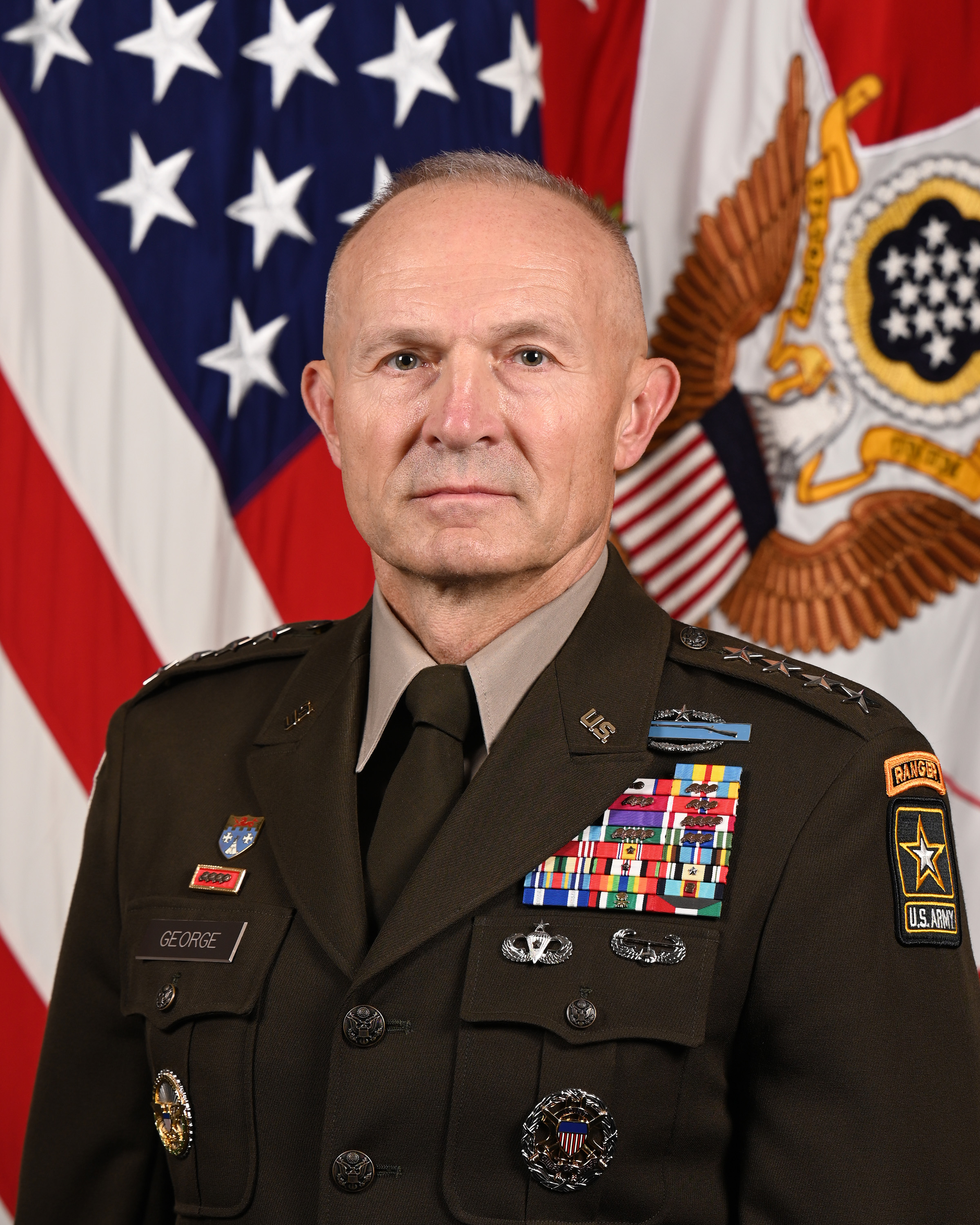What Happened
On June 13, 2025, following the assassination of Major General Hossein Salami, the former commander of the Islamic Revolutionary Guard Corps (IRGC), the Iranian leadership appointed General Mohammad Pakpour as the new commander of the IRGC. This decision was made by the Supreme Leader of Iran, Ali Khamenei, who also promoted Pakpour to the rank of Lieutenant General. The appointment comes in the wake of escalating tensions in the region, particularly following a series of military actions attributed to Israel against Iranian targets.
Salami’s death, reported to be a result of an Israeli airstrike, has heightened the already tense atmosphere in Iran, leading to significant political and military shifts within the country. Pakpour, who previously commanded the IRGC Ground Forces, is now tasked with leading the entire IRGC, a pivotal military force in Iran known for its influence in both domestic and foreign policy.
Key Details
- Date of Appointment: General Mohammad Pakpour was appointed on June 13, 2025, following the death of General Salami.
- Promotion: He was promoted to the rank of Lieutenant General as part of his new role.
- Context of Appointment: The appointment follows a significant military escalation involving Israel, which has reportedly targeted Iranian military leaders and facilities.
- Previous Role: Pakpour was previously the commander of the IRGC Ground Forces, a position he held since 2019.
- Significance of the IRGC: The IRGC plays a crucial role in Iran’s military strategy and has been involved in various regional conflicts, supporting allied groups in countries such as Syria and Lebanon.
Multiple Perspectives
The appointment of Pakpour has been met with a range of reactions. Supporters within the Iranian government view his promotion as a necessary step to maintain military cohesion and respond effectively to perceived external threats, particularly from Israel and the United States. Proponents argue that Pakpour’s experience and leadership will strengthen Iran’s military capabilities during a time of crisis.
Conversely, critics argue that the ongoing cycle of violence and retaliation could further destabilize the region. Some analysts suggest that the appointment reflects a hardening of Iran’s military posture, potentially leading to increased confrontations with Israel and other adversaries. There are concerns that this could escalate tensions further, complicating any diplomatic efforts aimed at de-escalation.
Internationally, reactions to Pakpour’s appointment have been mixed. Some Western analysts view it as a signal of Iran’s intent to continue its aggressive military strategies, while others see it as a potential opportunity for dialogue, depending on how the new commander approaches regional security issues.
Context & Background
The IRGC is a key institution in Iran, established after the 1979 Islamic Revolution to protect the regime and promote its ideological goals. It operates independently of the regular military and has significant influence over Iran’s foreign policy, particularly in relation to its regional allies and adversaries. The recent military actions by Israel, which have included targeted strikes against Iranian military leaders, are part of a broader strategy to counter Iran’s influence in the Middle East.
Salami’s assassination marks a significant escalation in this ongoing conflict, as it represents a direct attack on the leadership of the IRGC. The implications of this event are profound, as it not only affects Iran’s internal military dynamics but also its relationships with other countries in the region, including Iraq, Syria, and Lebanon.
The appointment of Pakpour comes at a time when Iran is facing multiple challenges, including economic sanctions, internal dissent, and international isolation. His leadership will likely focus on reinforcing Iran’s military capabilities and responding to external threats, particularly from Israel, which has vowed to continue its operations against Iranian interests.
What We Don’t Know Yet
As of now, several uncertainties remain regarding the implications of Pakpour’s appointment. It is unclear how his leadership will influence Iran’s military strategy in the short and long term, particularly in response to ongoing tensions with Israel. Additionally, the extent to which this change in command will affect Iran’s regional alliances and its approach to conflicts in Syria and Iraq is still unknown.
Furthermore, the potential for diplomatic negotiations with the West, particularly concerning Iran’s nuclear program, may also be impacted by this leadership change. Observers are closely monitoring how Pakpour’s appointment will shape Iran’s interactions with both allies and adversaries in the coming months.
In conclusion, General Mohammad Pakpour’s ascension to the command of the IRGC marks a critical juncture for Iran’s military and political landscape amidst heightened regional tensions. The coming months will reveal the broader implications of this leadership change, both within Iran and in its relations with the international community.


